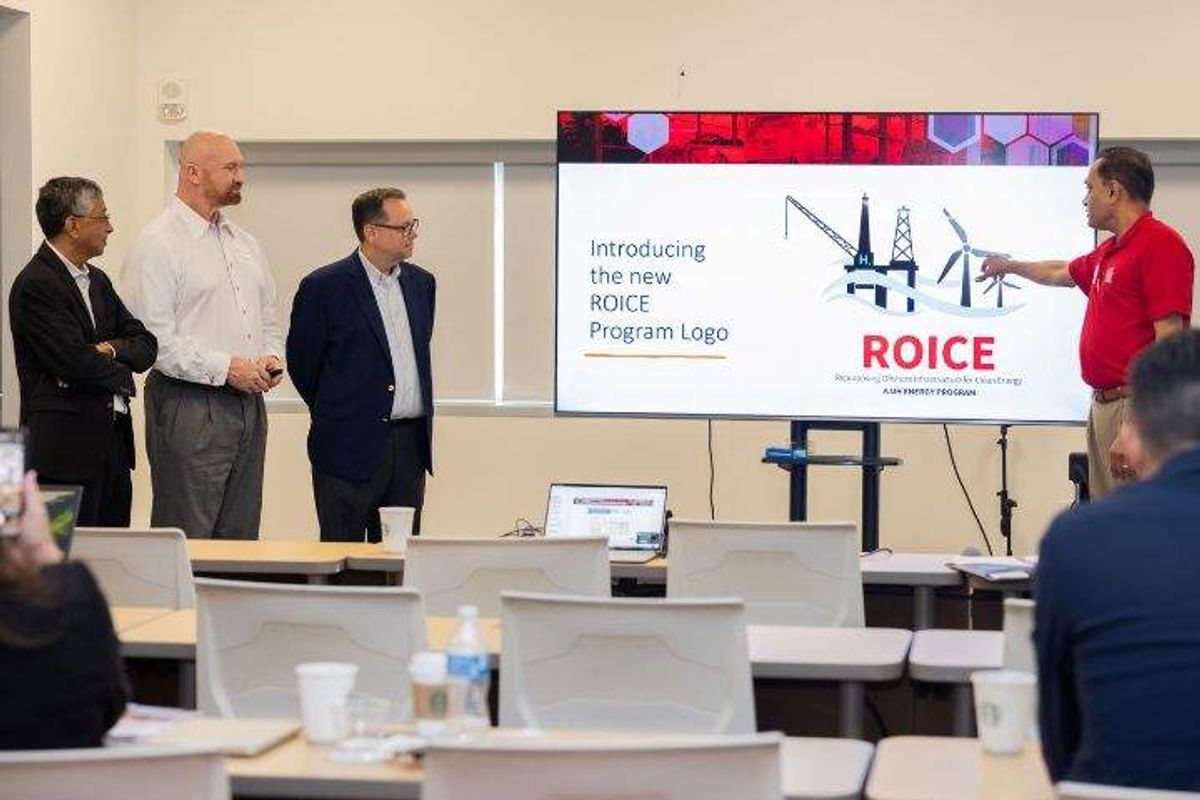Air Liquide and Hyundai ink partnership to scale hydrogen economy
green team
Air Liquide, which maintains its U.S. headquarters in Houston, and South Korea-based Hyundai Motor Group are expanding their strategic partnership to accelerate the growth of the global hydrogen ecosystem.
The renewal of the companies’ Memorandum of Understanding (MoU) was announced at the Hydrogen Council CEO Summit in Seoul last week. Together, the companies will work to scale hydrogen production, storage, transportation and utilization across Europe, Korea and the United States with a concentration on heavy-duty transport, logistics and public transportation.
Hyundai hopes Air Liquide's technical expertise will help contribute to more sustainable energy and carbon neutrality.
The companies plan to develop hydrogen refueling networks and storage capacity that can meet growing demands. They also plan to commercialize fuel cell electric vehicles (FCEVs) for diverse applications like public transportation, logistics fleets and ports.
"We are delighted to strengthen our partnership with Hyundai Motor Group,” Armelle Levieux, vice president of innovation, electronics and hydrogen at Air Liquide, said in a news release. “Collaborations like this between leaders across the value chain are essential to building the hydrogen economy.”
The partnership has already shown strong progress in South Korea, according to the companies, with Hyundai rolling out more than 2,000 hydrogen buses and 37,000 passenger fuel cell vehicles, with more expected by 2026. Additionally, Air Liquide has boosted supply capabilities in the region with the new state-of-the-art high-pressure hydrogen filling center, Lotte-Air Liquide Ener’Hy, in Daesan, an industrial hub near Seoul.
Air Liquide and Hyundai previously signed an MoU in 2018, along with other major South Korean players, agreeing to grow the hydrogen economy.






 UH announced the partnership last week. Photo via UH.edu
UH announced the partnership last week. Photo via UH.edu



